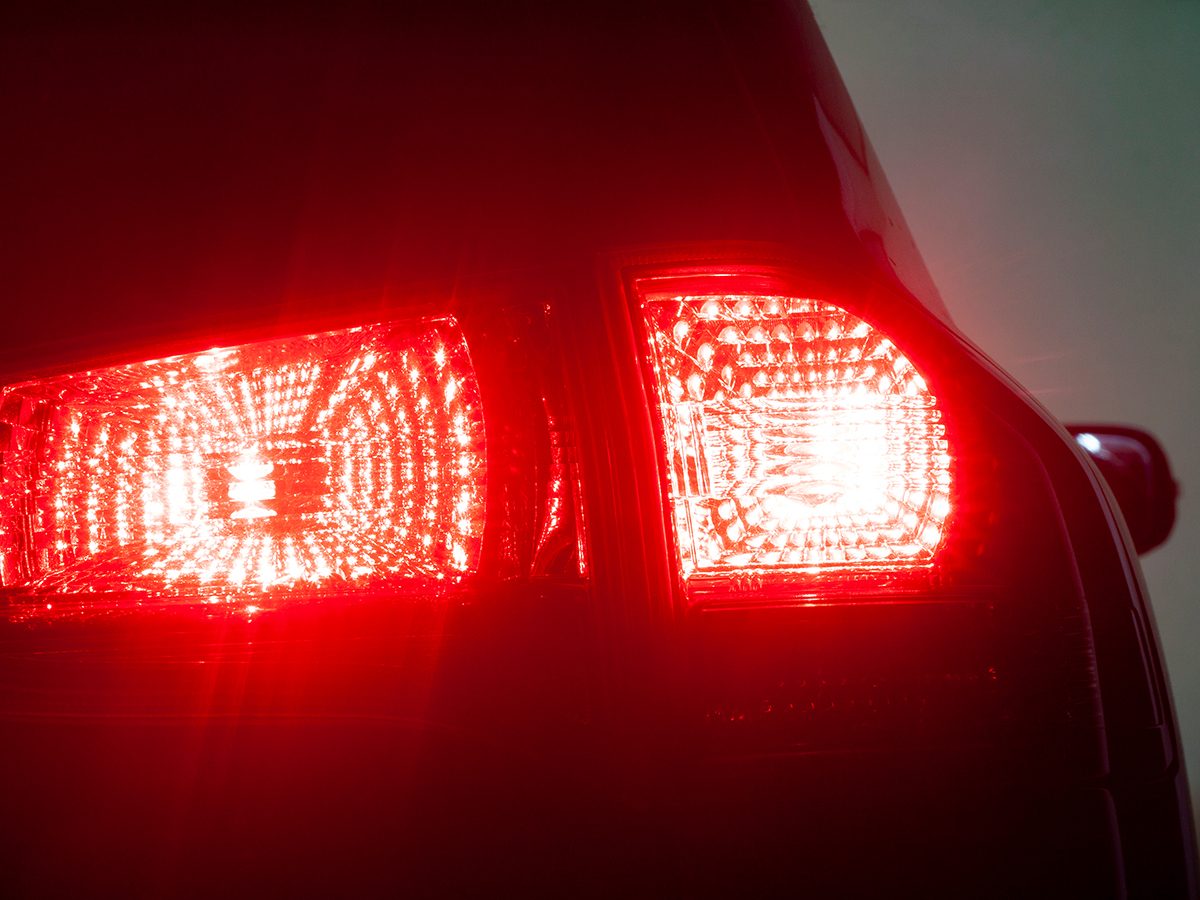
Checklist for a Safe Road Trip
Check the brakes
Checking your vehicle’s brakes prior to departure should be at the top of your to-do list. Make sure they’re free of damage or rust, which will ensure they’re in optimal working order, and check the brake fluid as well. The latter ensures the pressure you put in when pressing down on the brake pedal actually makes it to the brakes. It’s basically the secret ingredient to ensure they do their job successfully.
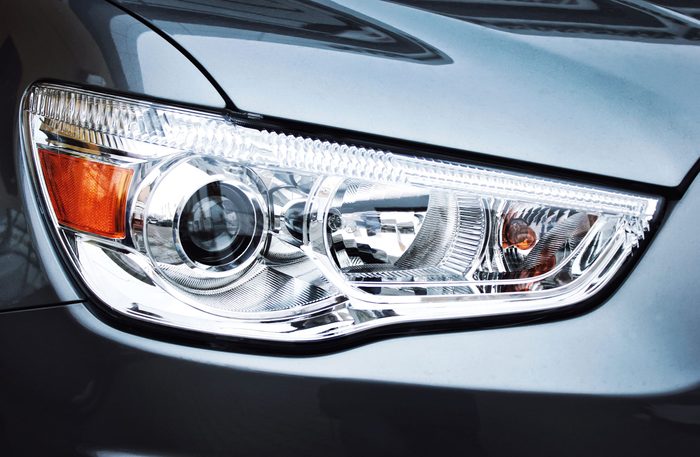
Check your lights
When driving, you want to make sure that other drivers know when you’re switching lanes, pressing on the brakes, or turning your hazard lights on. Doing a quick check at home is easy: Simply test out all the lights with a friend or family member to ensure each bulb is functional. Take note of any lights that may need to have their bulbs replaced, and get them fixed before you go.
Here’s the best car maintenance schedule you can follow.
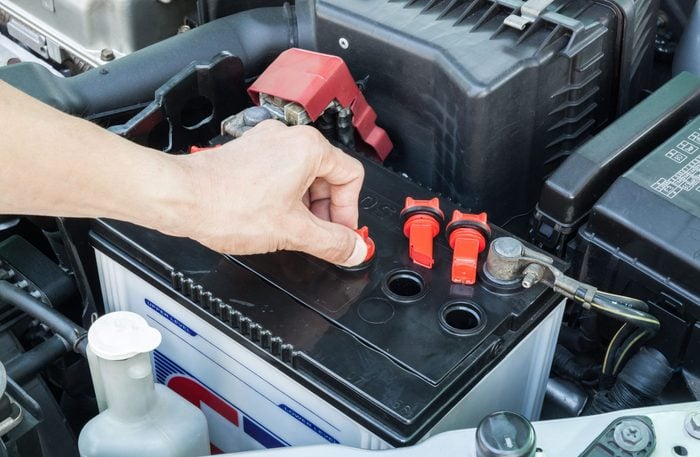
Check your battery
Before a lengthy drive, you need to make sure your battery is juiced-up. (Find out how to test a car battery, step by step.) Batteries tend to have a lifespan of three to five years, so if your road trip falls somewhere within that timeframe, it’s best to get it changed before you and your family hit the road.
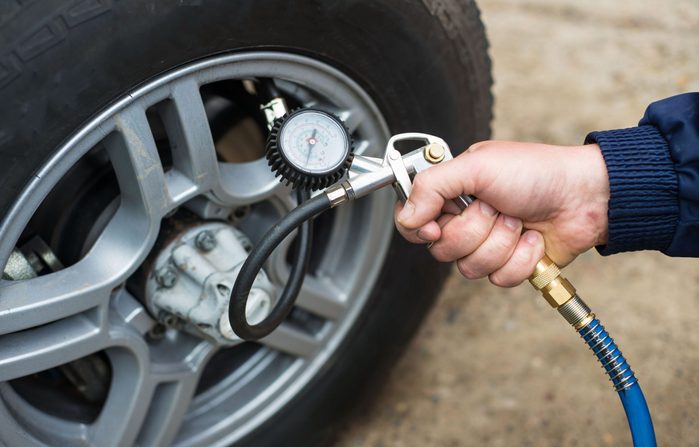
Check your tire pressure
Extreme weather can really do a number on your tires. As the temperature rises, pressure increases—and vice versa. It’s best to get your tire pressure checked before you hit the road. Always keep a tire-pressure gauge with you in the car—they’re inexpensive to purchase. Also, make sure the pressure on your spare tire is sufficient, too.
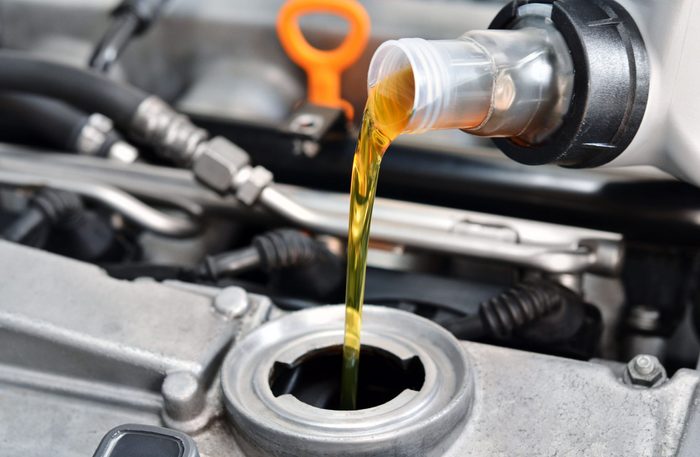
Check oil and other fluids
If your car is due to be serviced for an oil check, be sure to do so prior to leaving on your road trip, rather than waiting until you return. The oil, after all, ensures your engine runs smoothly, so the oil has to be checked whether it is both sufficient, as well as clean. It’s pretty easy to do on your own, but for extra precaution, bring it in to your dealer or a trusted mechanic. While you’re there, have them check the transmission, radiator and brake fluids.
Try this simple car maintenance hack and you’ll never miss another oil change.
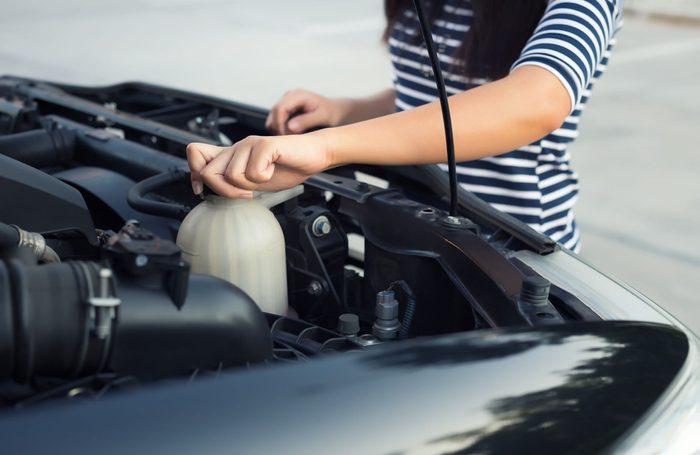
Fill up on engine coolant
As its name suggests, engine coolant keeps the engine from overheating. So if you’re looking to spend hours on the road under the blazing sun, you’re definitely going to want to check the coolant level before you pull out of the driveway.
Here are nine strange car noises—and what they could mean.
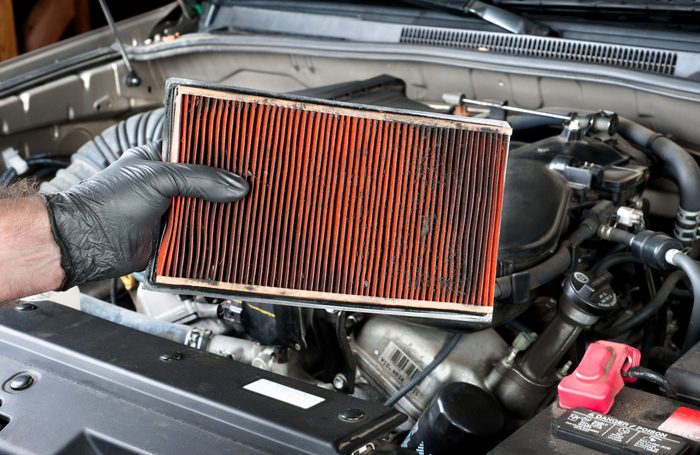
Check the air filter
A car’s air filter tends to need a cleaning every time you get your oil checked—or as often as is suggested in your owner’s manual. It’s imperative that the filter isn’t clogged or dirty. By keeping it clean, your car will continue to run smoothly, as it’s an integral part of your engine’s system, keeping gunk from infiltrating the fuel system.
Check out 20 must-have car gadgets that make driving safer (and more fun).
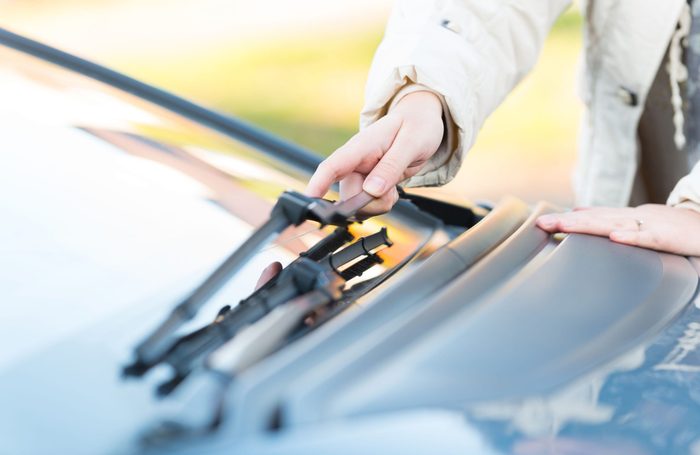
Check windshield wipers and top off washer fluid
On average, windshield wiper blades need to be replaced once per year—this is particularly the case in cold climates like ours where the blades tend to wear out fast. How do you know when they need to be replaced? If they leave streaks behind and actually hinder visibility more than they help with it, it is time for a replacement. Be sure to also fill up on windshield washer fluid before you hit the road—you don’t want to be caught with an empty tank after a particularly muddy detour!
Find out why your windshield wipers are squeaking.
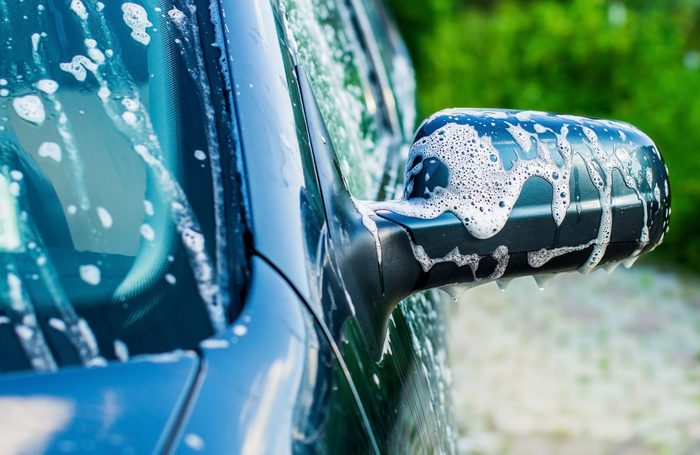
Get a car wash
A newly-washed car boosts a driver’s morale, and can get you excited for the journey ahead. On the safety front, a washed car just makes your journey all the more secure. After all, clean windows ensure maximum visibility, and spotless tail lights make it easy for drivers behind you to know when you’re hitting the brakes.
Here are 13 car cleaning tricks the pros don’t want you to know.
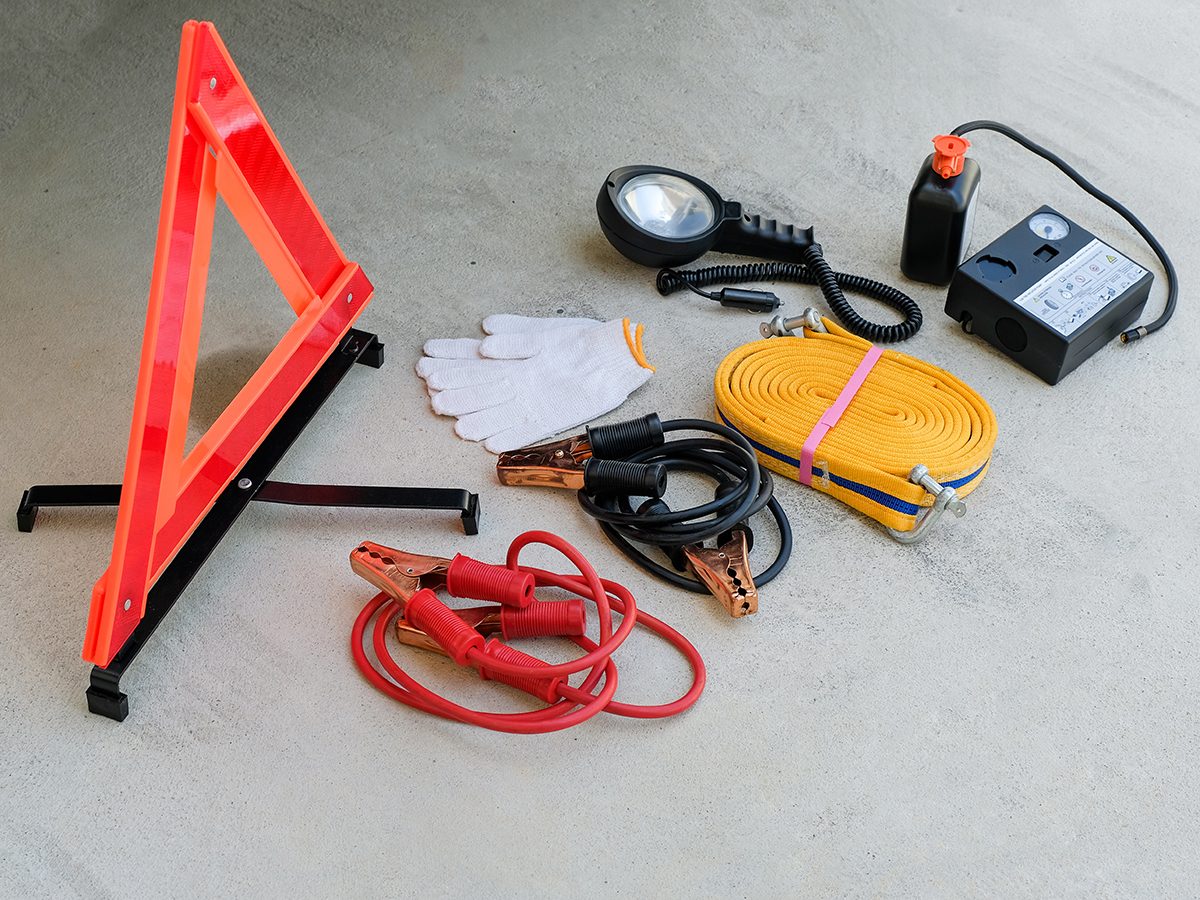
Stock an emergency kit
When you’re on the road, you never know what to expect. That’s why it’s imperative you’ve got roadside emergency kit in your car at all times. You can put one together on your own, or you can buy a kit at the store; they tend to include the likes of jumper cables, a flashlight, batteries, duct tape, bungee cords, a camper’s knife, etc. Be sure to also have a first aid kit handy, as well as a couple of blankets, bottles of water, and non-perishable, protein-rich snacks like granola bars in your trunk, in case of an extended emergency.
Now that you’ve reviewed the checklist for a safe road trip, take inspiration from these 10 iconic Canadian road trips.